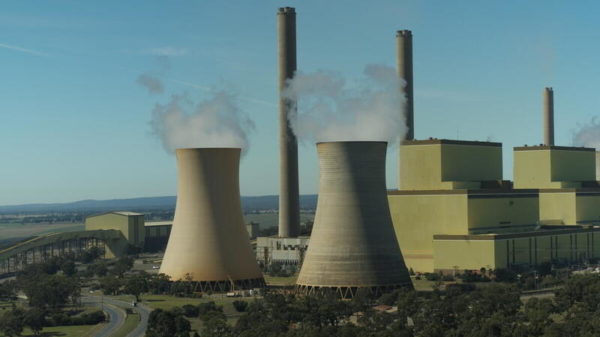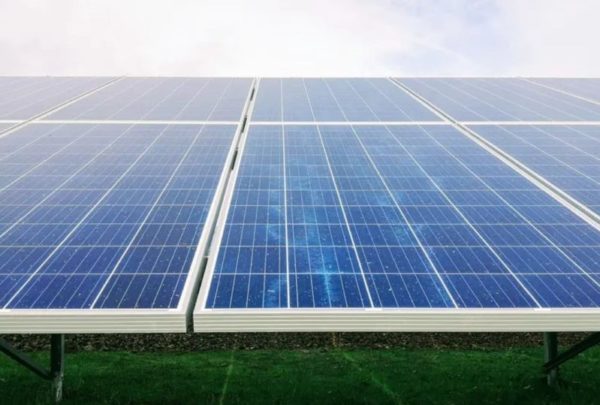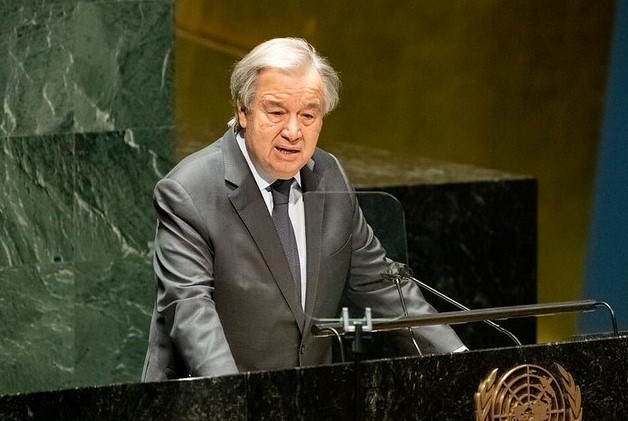United Nations (UN) Secretary General António Guterres this week issued a call for all G20 countries, including Australia, to “dismantle coal infrastructure, with a full phase-out by 2030 for OECD countries and 2040 for all others”.
Speaking at the Austrian World Summit on climate change, Guterres called for the financing of fossil fuel exploration or production to be abandoned wholesale, in favour of the clean energy alternative.
“I call on all financial actors to abandon fossil fuel finance and invest in renewable energy,” he said. “The only true path to energy security, stable power prices, prosperity and a liveable planet lies in abandoning polluting fossil fuels, especially coal, and accelerating the renewables-based energy transition.”
The energy crisis exacerbated by the war in Ukraine has seen a perilous doubling down on fossil fuels by the major economies.
New funding for fossil fuels is delusional.
It will only further feed the scourge of war, pollution & climate catastrophe. https://t.co/ppM3pOaqna
— António Guterres (@antonioguterres) June 14, 2022
Guterres’ comments come with Australia in the grips of an energy crisis. On Wednesday, The Australian Energy Market Operator (AEMO) took the drastic step of suspending the electricity wholesale spot market in the entire National Electricity Market (NEM) for the first time since the market’s inception in 1998.
The historic move came after skyrocketing power prices and energy supply challenges had prompted AEMO to set an energy price cap, limiting the price of wholesale electricity to $300 a megawatt per hour. The operator had then directed energy generators to increase supply to ease shortages, amid claims some did not want to run plants under the price threshold.
The surge in wholesale power and gas prices have been attributed to a “perfect storm” of international and domestic factors. Russia’s invasion of Ukraine has led to a global gas shortage, while extreme weather events in New South Wales and South-East Queensland have also contributed, as have scheduled and unscheduled outages at several of Australia’s ageing coal plants, with at least 25% offline.

Image: Greenpeace
Australia’s energy consumption is dominated by fossil fuels, with figures published by AEMO indicating coal accounts for 23GW of capacity in the 60GW NEM, which covers all of Australia except for the Northern Territory and Western Australia. As a share of total generation in FY22, black and brown coal generators supplied more than 60% of total generation in the NEM.
Newly installed Prime Minister Anthony Albanese has set a target of renewables providing power for about 82% of Australia’s electricity needs by 2030 but he has yet to commit to phasing out coal use or to block the opening of new coal mines or scrap existing fossil fuel projects. Data published by independent research coalition Climate Action Tracker last month showed 114 new coal and gas projects in Australia’s investment pipeline.
Guterres this week warned of the negative impact of new investments in coal, oil and gas on climate change, arguing “our energy mix is broken”.
“The energy crisis exacerbated by the war in Ukraine has seen a perilous doubling down on fossil fuels by the major economies,” he said.
The paradox, he said, is that cheaper, fairer and more reliable energy options should have been developer sooner, and faster, including wind and solar.
“Had we invested massively in renewable energy in the past, we would not be so dramatically at the mercy of the instability of fossil fuel markets,” he said.

Image: Pacific Solar
Guterres said the cost of solar energy and batteries have declined by 85% over the past decade, while wind power has become 55% cheaper.
“On the other hand, oil and gas have reached record price levels. And investment in renewables creates three times more jobs than fossil fuels,” he said.
Guterres outlined a strategy for global action on renewable energy, including a tripling in investments in renewables and a shift in energy subsidies from fossil fuels to renewable energy.
He also called for improved global access to supply chains for renewable energy technologies components and raw materials, the removal of intellectual property barriers limiting the sharing of technology, and the removal of “red tape that is holding back the renewable production revolution”.
This content is protected by copyright and may not be reused. If you want to cooperate with us and would like to reuse some of our content, please contact: editors@pv-magazine.com.









By submitting this form you agree to pv magazine using your data for the purposes of publishing your comment.
Your personal data will only be disclosed or otherwise transmitted to third parties for the purposes of spam filtering or if this is necessary for technical maintenance of the website. Any other transfer to third parties will not take place unless this is justified on the basis of applicable data protection regulations or if pv magazine is legally obliged to do so.
You may revoke this consent at any time with effect for the future, in which case your personal data will be deleted immediately. Otherwise, your data will be deleted if pv magazine has processed your request or the purpose of data storage is fulfilled.
Further information on data privacy can be found in our Data Protection Policy.